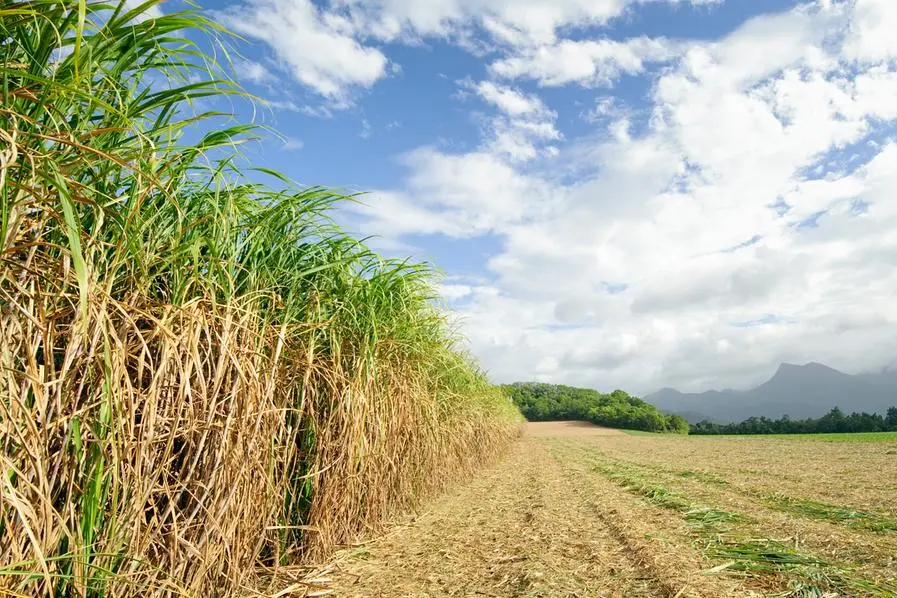PHOTO
The government's proposal to remove the quantitative import restrictions on sugar through an executive order (EO) would be detrimental to local producers as this would open up the floodgates for imported products, a sugar group said.
In a sectoral meeting with President Marcos, Finance Secretary Benjamin Diokno raised the concern of a possible refined sugar deficit of 73,546 metric tons (MT) by end-August.
This shortage, equivalent to 6.4 percent of the country's total demand, would continue without any new importation program and put pressure on retail prices of the commodity, he said.
Citing that sugar inflation increased by 38.8 percent in January, Diokno said there is an urgent need to improve sugar supply.
Diokno said a possible solution is to study the removal of quantitative import restrictions through an EO.
'The relaxation of quantitative import restrictions on sugar will ease supply pressures and make sugar more affordable for Filipino consumers,' Diokno said.
Moreover, he said doing so would ensure continued operations and competitiveness of the food and beverages manufacturing subsectors which use sugar as a key raw material.
'It is important to note that these subsectors account for an average of 52 percent of the total gross value-added of the sector from 2010 to 2021,' Diokno said.
However, such a solution may further weaken the country's sugar production and hurt farmers because of more imports coming in.
'If the plan of the economic managers pushes through in removing quantitative restrictions on sugar imports, this will be tantamount to full liberalization of sugar importation,' National Federation of Sugarcane Planters (NFSP) president Enrique Rojas said in a text message to The STAR.
He said the unregulated entry of imported sugar would discourage the expansion and modernization of the local sugar industry.
'Without regulations on the volume and allocation of sugar supply in the country, we risk flooding the market with cheaper, highly subsidized imported sugar, which will be detrimental to sugarcane farmers and ultimately to the consumers,' Rojas said.
'It will eventually bankrupt the already beleaguered sugarcane farmers, it will result to massive loss of employment in the mills and farms, and it will cause widespread hunger and social unrest in the hinterlands,' he said.
The NFSP official said the sole authority to regulate sugar supply in the country is in the hands of the Sugar Regulatory Authority (SRA).
'This will practically render inutile the Sugar Regulatory Administration, which is mandated by law to exclusively regulate sugar supply,' Rojas said.
For this year, the SRA board already approved a 440,000-MT refined sugar importation, which will be divided into three tranches-100,000 MT, 100,000 MT and buffer stock of 240,000 MT.
The Minimum Access Volume (MAV) Advisory Council has also approved the importation of 64,050-MT refined sugar through the MAV mechanism.
The SRA board is projecting raw sugar production to reach 1.831 million metric tons this crop year 2022-2023.
This is slightly lower than the pre-final crop estimate of 1.834 million MT released last December. In its pre-crop year estimate, sugar production was projected to reach 1.876 million MT.
The importation program and the MAV importation is expected to address the projected shortfall and address the high prices of refined sugar in markets.
Copyright © 2022 PhilSTAR Daily, Inc Provided by SyndiGate Media Inc. (Syndigate.info).





















